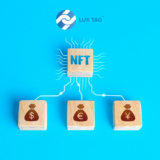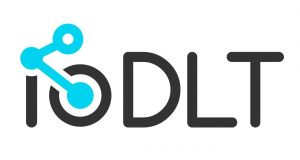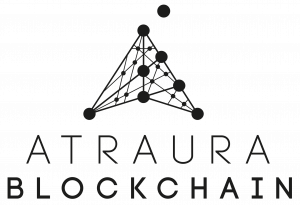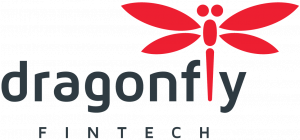MarginX — Africa, where less is more
Blockchain technology will play a major role in reducing carbon emissions and could bring electricity to millions who don’t yet have access to it. Blockchain application in Africa supplies both quick wins and long-term impact.
Reducing carbon emissions is about more than fluorescent light bulbs or hybrid cars, it’s about changing human behavior. Many like to place the onus on big industry for the energy savings necessary to combat climate change, but the reality is that industry will always cater to the desires of the consumer. Energy efficiency must come from changes in human behavior. We are creatures of habit, and our habits are formed in a world that has little concern for the impact of our actions on the environment.
This needs to change.
Apart from the pressing issue of climate change, there is another problem with a more human face. Millions of people have no access to electricity. I write this piece from Tanzania, where only 33% of the citizenry can even access electric light. The residents of the small village of Nungwi, on the island of Zanzibar, count themselves among the lucky few. Electricity here does not mean air conditioning or even televisions. It means light, without the added danger of burning your house down or inhaling toxic fumes. In the evenings, residents can be found gathering around the few energy efficient light bulbs in the village.
First appeared on medium
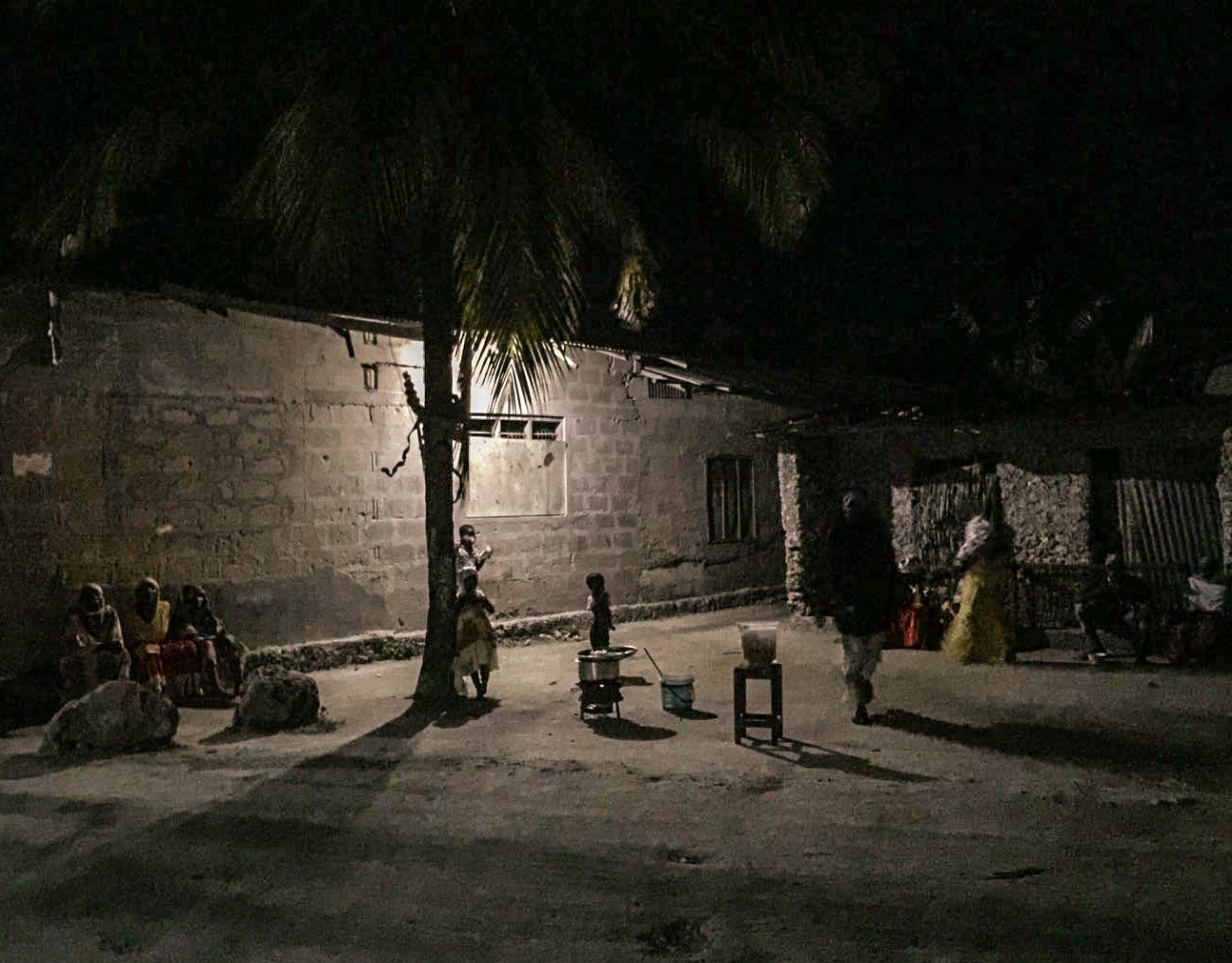
Electric light in Nungwi Village, Tanzania
With such low consumption in the countryside, there is very poor ROI for utilities in extending the grid to these areas. But it must be done, to better the lives of Tanzanians and encourage increased learning and development. This comes at a heavy cost for the government. They must subsidize the losses realized by the utility with each watt sold.
On the other hand, Tanzania has massive untapped hydroelectric potential. The addition of the Stiegler’s Gorge hydroelectric power plant expected in 2021 and at a cost of $3.6 billion, will double the countries renewable energy capacity. This is but a stopgap with 36 million people still unconnected to the grid. While each extra watt of capacity is hard-fought, in the cities, life carries on much as it does anywhere else. Inefficient appliances abound, and consumers consume with the same careless abandon as they do in the West. Energy efficiency in Tanzania, and indeed in many countries across Africa is an issue of national import, an issue with no single solution.
At MarginX, we are targeting the high-end consumers, the city people, the fanned, the air-conditioned.
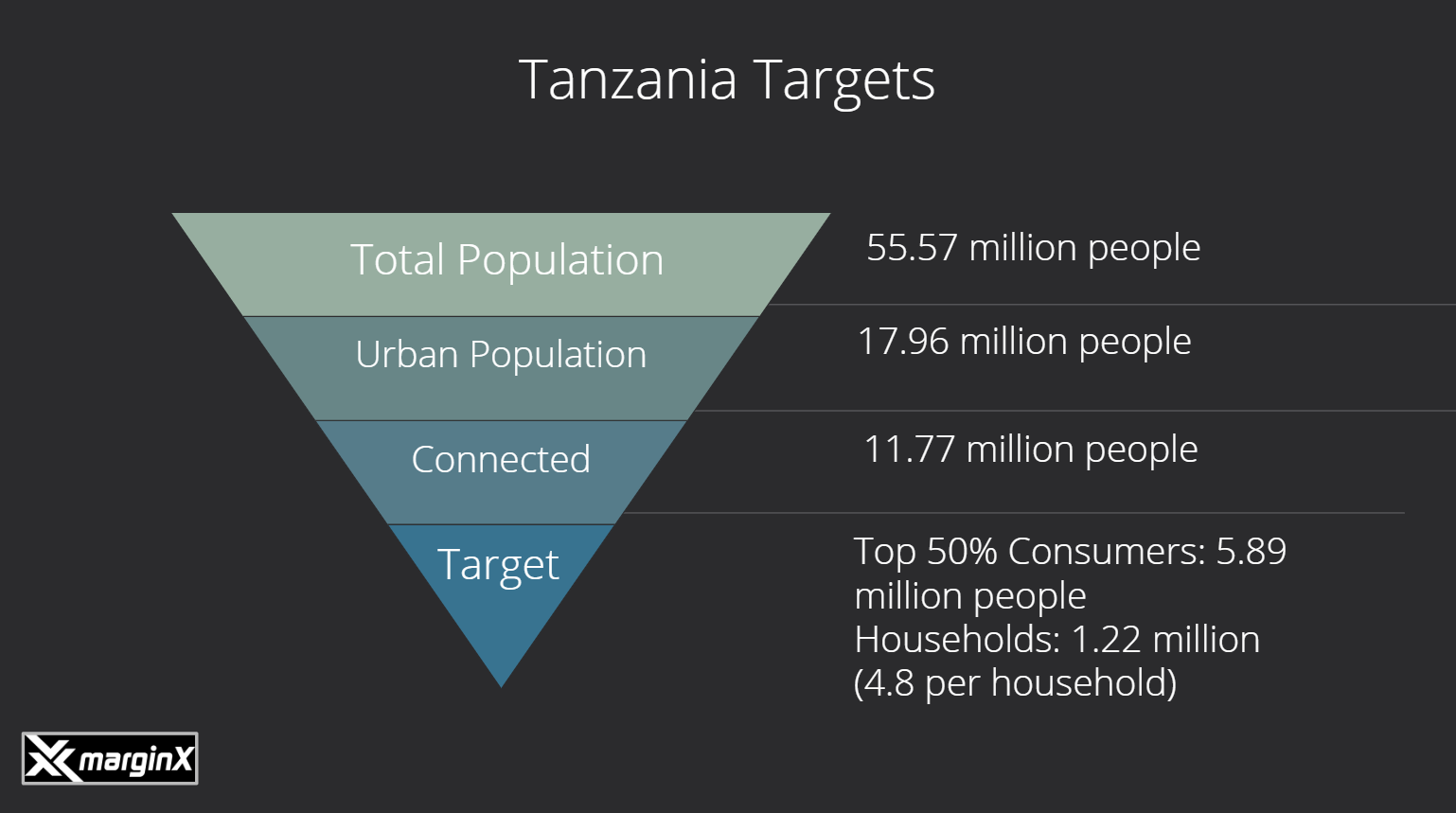
By targeting the behavior of these few, approximately 6 million in Tanzania, we can generate enough energy savings to give light to another 1–2 million. We propose to do this while also generating revenue for the utility, and at a cheaper cost than increasing capacity. Systems such as MarginX have the potential to efficiently reduce carbon emissions and bring light to many millions more across Africa.
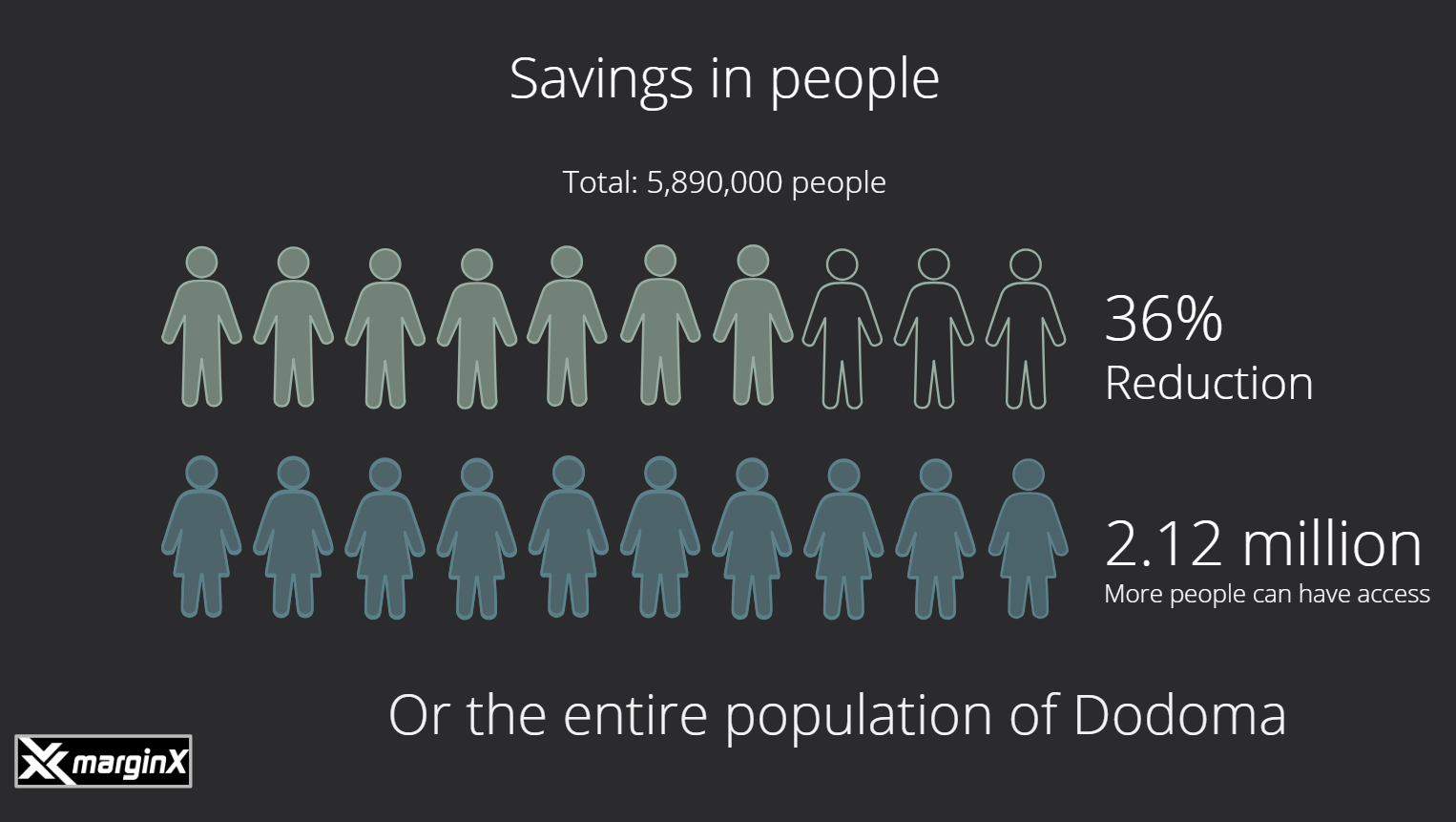
As my one month trip in Zambia and Tanzania draws to a close, I write this to let you know we are here, we are seeking to apply blockchain in Africa. The response has been positive. We have been in discussions with local universities, governments, national utilities and NGO’s. In Zambia, we attended the 8th Hydropower for Today forum hosted by COMESA. Here I met with representatives of the United Nations Industrial Development Organisation as well as key stakeholders engaged in sustainable development in Africa and around the world.
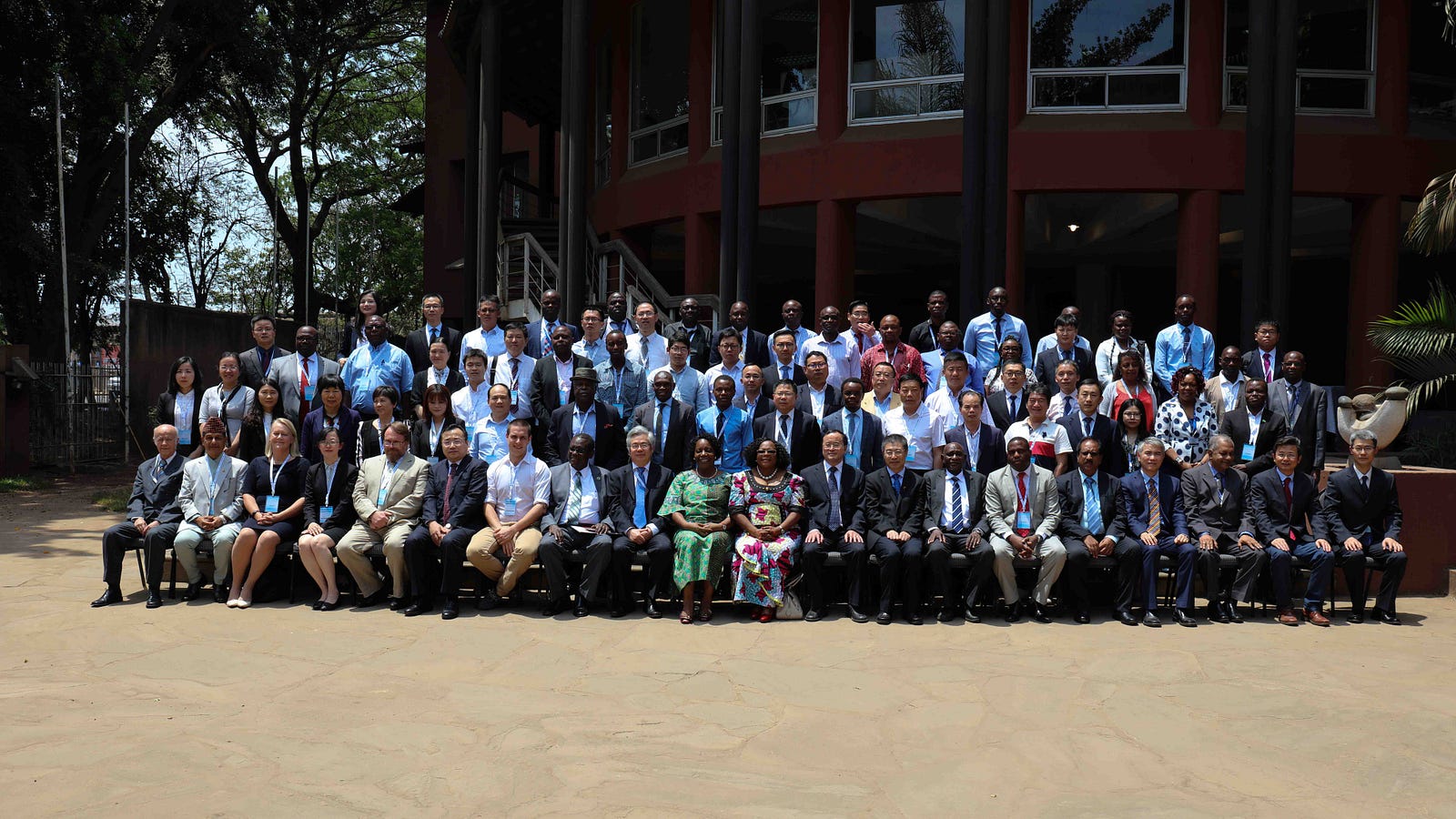
8th Hydropower for Today forum, COMESA HQ, Lusaka, Zambia
This week in Tanzania, we will attend an energy efficiency strategy planning meeting with the Ministry of Energy and other stakeholders, hosted by the delegation of the European Union to Tanzania.
The future is bright, some MOU are signed and more are in process. With hard work and a bit of luck, we will be running our pilot programs here this time next year.
For irregular updates on MarginX, or to be part of the discussion join our telegram.
Proficient in python or golang? Please reach out and help us code a better future.
First in Africa, then the world.
Regards,
Andrew Hoban
Director, MarginX


